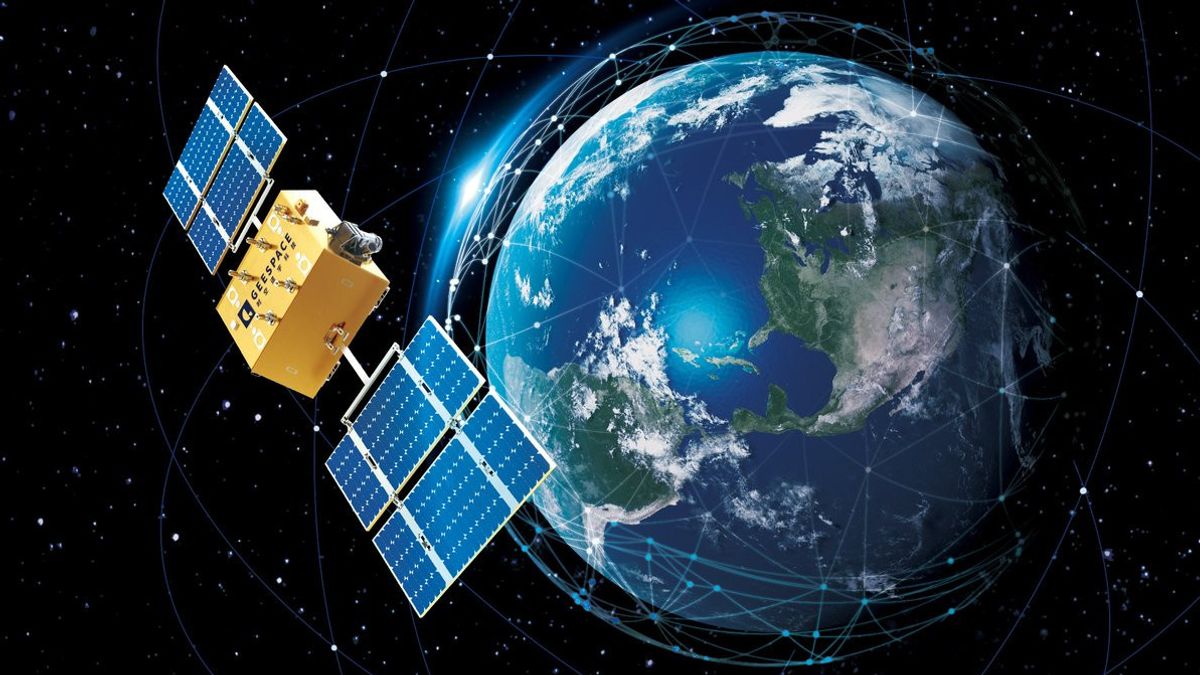JAKARTA – China's Zhejiang Geely Holding Group carried out its first successful satellite launch on Wednesday, June 1, sending nine at a time into low-earth orbit. They are ready to build a network of satellites to provide more accurate navigation for autonomous vehicles.
The GeeSAT-1 satellite, designed and manufactured in-house, was launched from the Xichang Satellite Launch Center in the southwestern province of Sichuan. Geely said it expects another 63 satellites to be in orbit by 2025. They also plan to have a constellation of 240 satellites.
With the launch, Geely became the second major automaker to have a space business. SpaceX, which is owned by Tesla Inc Chief Executive Elon Musk, now has more than 2,000 satellites in orbit for the Starlink network that also offers commercial internet services. Starlink plans to have a first-generation network of 4,408 satellites.
Geely successfully launches first nine satellites into orbit, making history as the first privately owned company to perform a commercial satellite launch in China. pic.twitter.com/dph9ynZdhd
— Geely Group (@GeelyGroup) June 2, 2022
While SpaceX uses its own rockets to launch its satellites, Geely uses the Long March 2C rocket developed and operated by a Chinese government entity to launch nine satellites.
Apart from providing high-precision positioning support for self-driving cars, Geely said the network will also serve other commercial functions such as providing communication services at the Asian Games in September 2022.
According to the company, the satellite has an operating life of five years and will disintegrate in Earth's atmosphere without leaving debris in space.
China's satellite network has long been dominated by its military but the government began allowing private investment in the country's space industry in 2014. Since then, commercial companies, some supported by local governments, have entered the sector. The majority of them are focused on manufacturing satellites and the rest are trying to build small launch vehicles including reusable rockets.
Reported by Reuters, in its latest five-year plan for 2021-2025, Beijing has called for an integrated satellite network for communications, remote sensing and navigation. China currently has more than 400 satellites stationed in space, including commercially owned satellites.
The English, Chinese, Japanese, Arabic, and French versions are automatically generated by the AI. So there may still be inaccuracies in translating, please always see Indonesian as our main language. (system supported by DigitalSiber.id)













